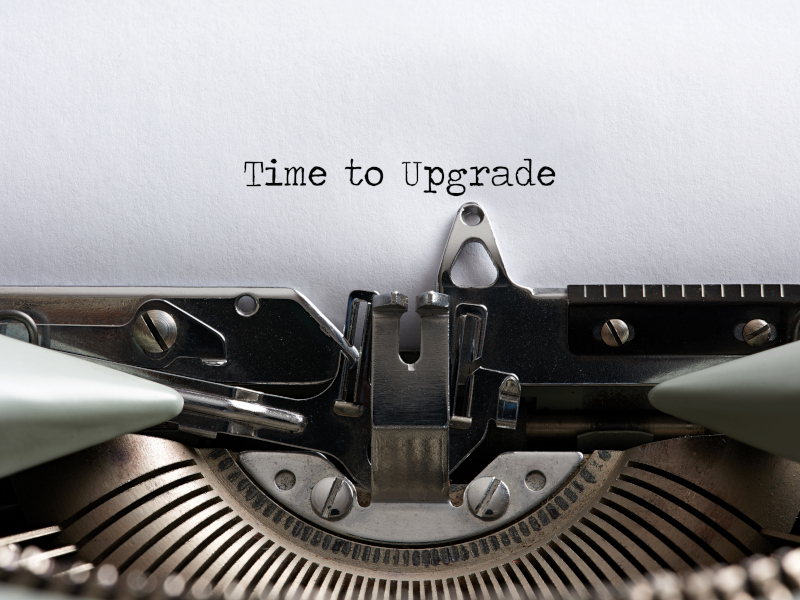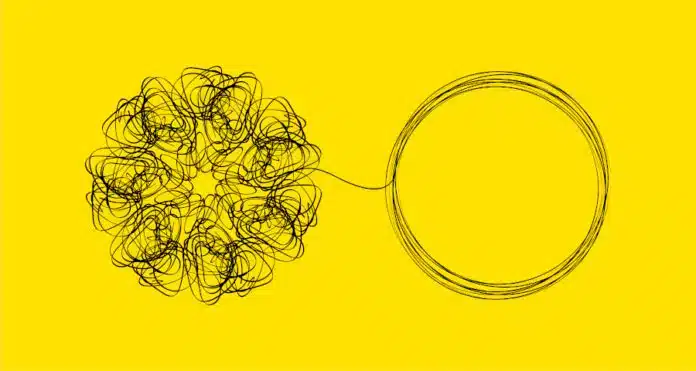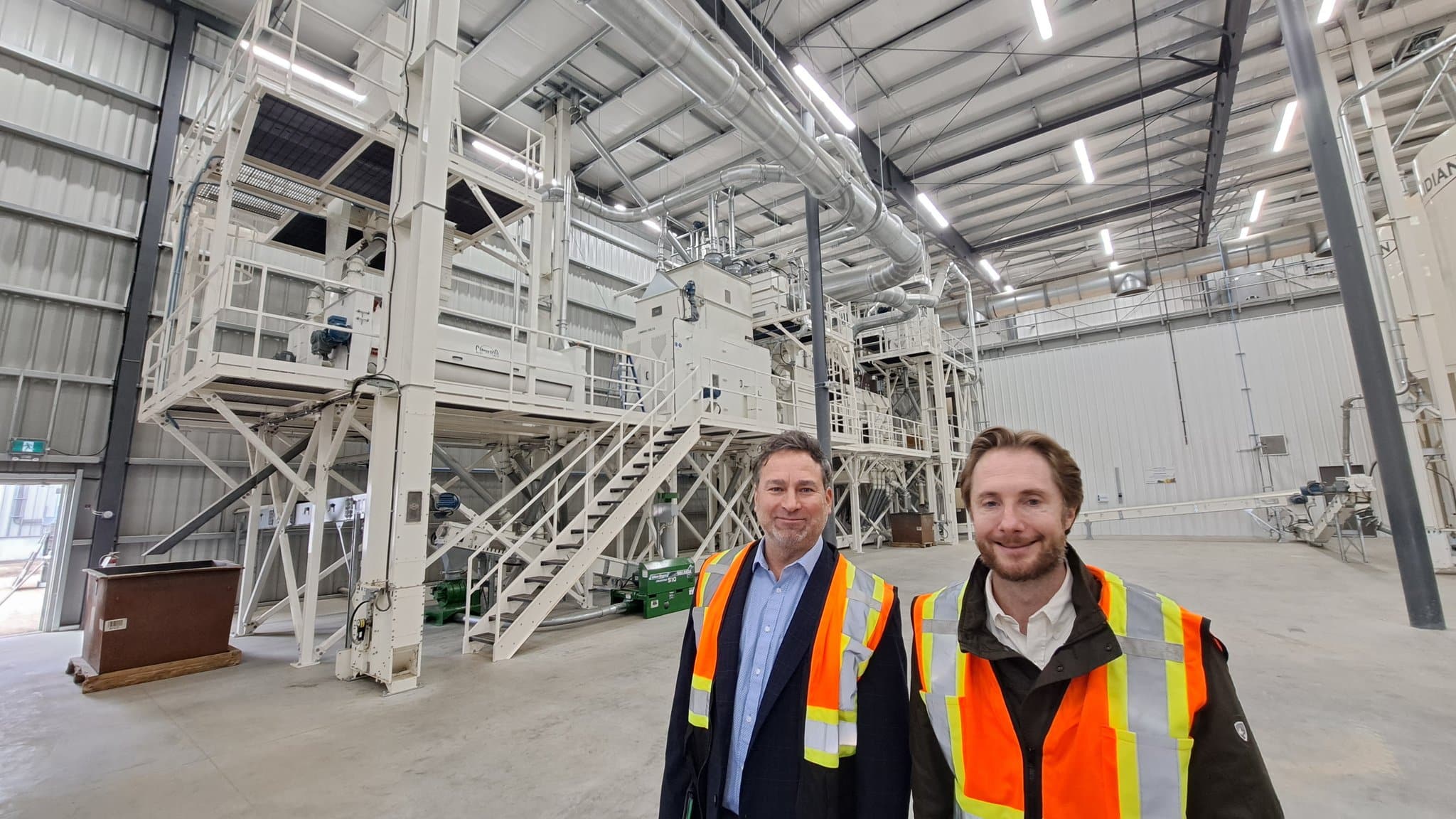I’ve seen it countless times — customers are choosing new plants over old ones because of efficiency. New facilities have bigger scales, wider doors, and move product faster. While older plants can take two hours to unload, newer ones handle it in 20 minutes.
It’s no surprise that once customers delivering grain to a facility have an experience at a newer plant, they rarely go back to the old one. The shift isn’t just about equipment but also about making the process quicker and more efficient for both employees and customers.
That said, you don’t always have to completely rebuild a plant to benefit from the modern way of doing things.
A recent project we undertook showed the power of retrofitting an older plant. After a fire, we assessed what was usable and worked within those constraints to update the plant to 2024 standards. Even though it wasn’t a complete rebuild, the creative blend of old and new allowed us to modernize the facility without starting from scratch. This kind of adaptable design is crucial when balancing the old with the new.
In modern design, we’re moving away from the old “milling mentality,” where grain flows downward in a high tower design. Those systems were costly, and hard to monitor with all those sets of stairs. Instead, we now design plug-and-play facilities with everything on one level, making it easier for operators to monitor and manage.
It also helps with employee retention — simpler layouts mean happier staff and cleaner environments, meaning you can attract and keep top talent.
Technology like 3D modeling has revolutionized this process. Early on, we create a detailed model that everyone — from electricians to HVAC installers — can use to plan and price their parts of the project. It’s a powerful way to streamline both the design and construction process.
Years ago, before we had 3D modeling, a customer bought several pieces of equipment from us and asked for a reminder of what the plan was. I didn’t have any fancy tools or software back then, so I ended up sketching the entire layout on a piece of shrink wrap. Nothing more than a rough drawing, but it got the job done. He actually built his setup based on that simple design.
That moment really stuck with me — it was a reminder that when you get the basics right, everything else tends to fall into place.
Today’s plants need to be designed not only for current needs but also for the future, allowing for new technologies and expansions down the road. A well-thought-out design today sets the stage for success tomorrow.








